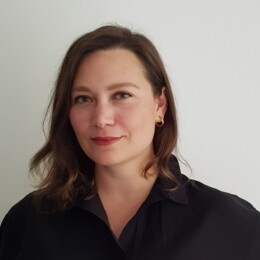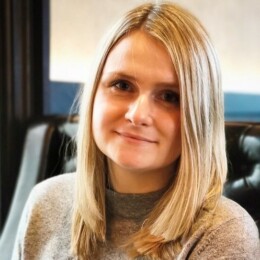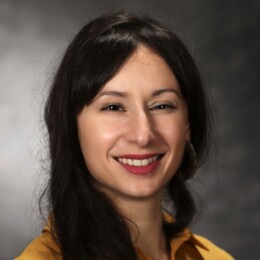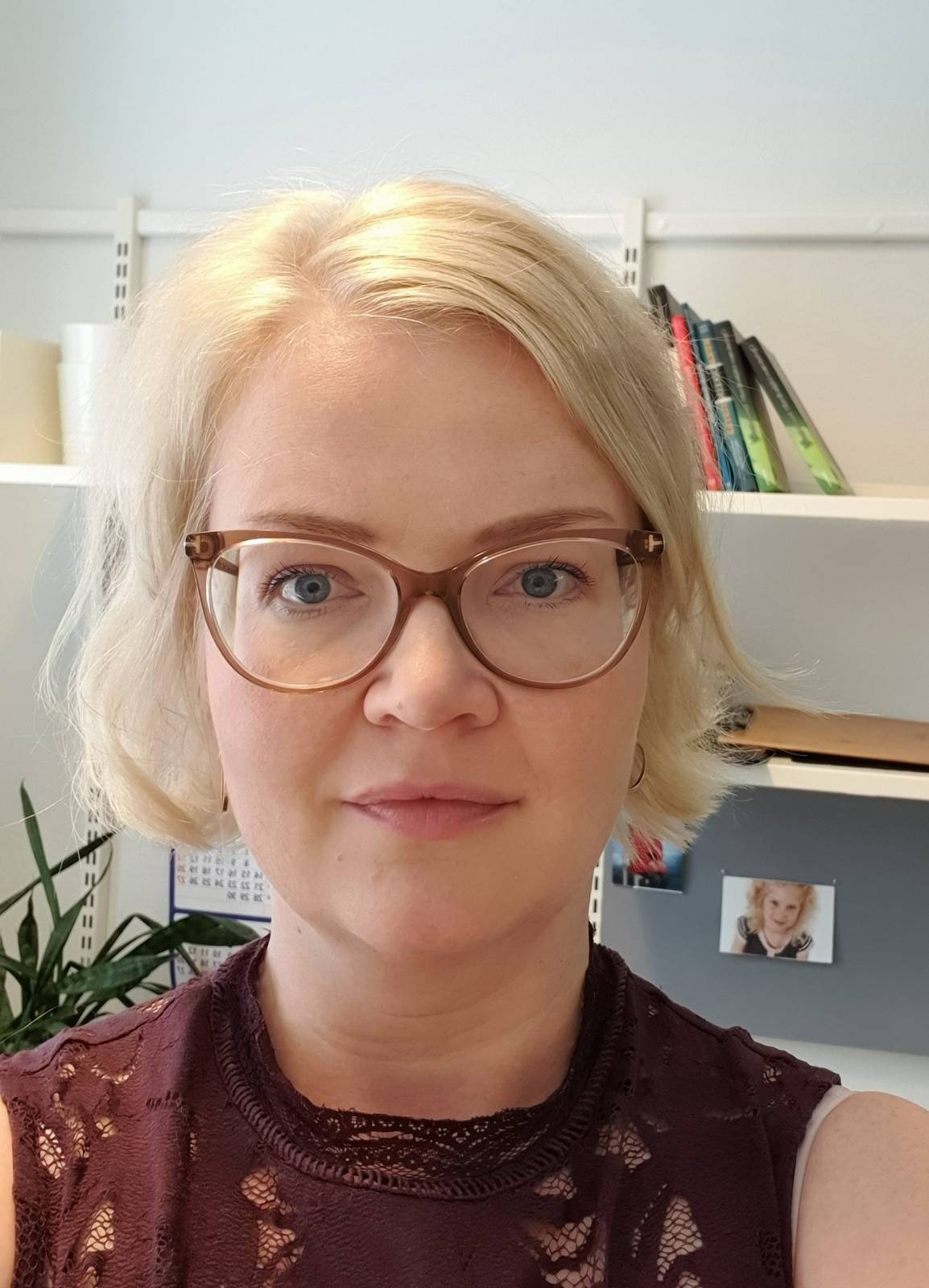Measures to Ensure Access to Patents

PROGRAM (EET, UTC +2)
14.00 – 14.20 Open Innovation : Norms of Access and Fairness ?
Professor Nari Lee, Hanken
14.20 – 14.30 Questions and conversation
14.30 – 14.50 The lack of transparency of patent owners and other right holders as an obstacle to knowledge exchange
Typically, judges, legislators, academics and practitioners focus on assessing which inventions can be protected by patent protection. Whereas much attention is paid to the question “who can own WHAT?”, the question “WHO owns what?” has largely been neglected.
Undoubtedly, it is important to find the answer to the first question, as it provides clarity for inventors on which inventions can be protected. In practice, however, determining the answer to the second question is of equal importance. Currently, the level of transparency of patent owners and related right holders is limited: the information is either not registered or is not timely updated. Yet, it is essential for third parties who are interested in the patent to be able to track their owners as generally patent owners can decide whether and to whom they will grant a license or sell the patent. Without correct information on patent owners and other relevant right holders (e.g. exclusive licensees) in a register, third parties need to invest additional resources to identify and track them, which may complicate or delay the exchange of knowledge and the innovation process.
In this presentation I will (1) review the value of patent transparency for the functioning of the patent system as a ‘social contract’; and (2) assess the current level of transparency of patent owners and relevant right holders in patent registers.
Dr. Arina Gorbatyuk, Postdoctoral Fellow of the Research Foundation Flanders (FWO) at the KU Leuven Centre for IT & IP Law (CiTiP)
14.50 – 15.00 Questions and conversation
— 15.00 – 15.10 Break —
15.10- 15.30 Lack of longevity and sustainability of access with respect pledges
When choosing an Open Innovation path, firms may resort to various instruments to exploit their patents. Along with classical licenses, innovators may favour “patent pledges” via which patent holders voluntarily commit to limit the enforcement of their patents. If the FRAND commitments are the most known and discussed of patent pledges, other pledges have attracted some attention more recently. Pledges such as the Tesla patent pledge in 2014 have raised many questions mostly as to how such pledges would be enforced. Indeed, they are commitments made, often informally, to a particular market. Although they ultimately function as licenses allowing the pledge beneficiaries to make use of the patented inventions covered by a pledge, patent pledges display specific characteristics. The legal nature and the legal regime attached to such pledges raise several challenges and issues that this presentation proposes to address.
Dr. Natacha Estèves, Affiliate Researcher at Sciences Po Law School (Paris)
15.30 – 15.40 Questions and conversation
15.40 – 16.00 Lack of incentives to license and the legal means to ensure access
Patent holders may abstain from Open Innovation path due to lack of incentives to provide access to patents or too high transaction costs of licensing. The patent system features a number of mechanisms that seek to ascertain access in such situations: research exceptions, diverse compulsory licenses as well as more radical measures including the recently debated patent waiver. The effectiveness and relevance of these mechanisms for ensuring access are evaluated in the light of objectives of patent protection, and other public some cases additional public policy goals. The need to adopt additional mechanisms to enable access to patents will be discussed in light of recent proposals to open up the patent system. Finally, the presentation addresses the limitations of these legally mandated means to ensure access to patents.
Dr. Alina Wernick, principal investigator and affiliated researcher at the University of Helsinki, The Legal Tech Lab
16.00 – 16.15 Questions and conversation, closing
Arranging organization
IPR University Center
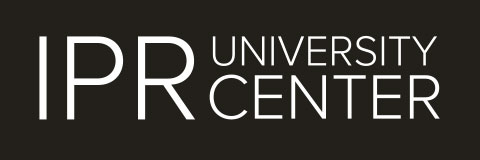
 -verkkolehti
-verkkolehti
